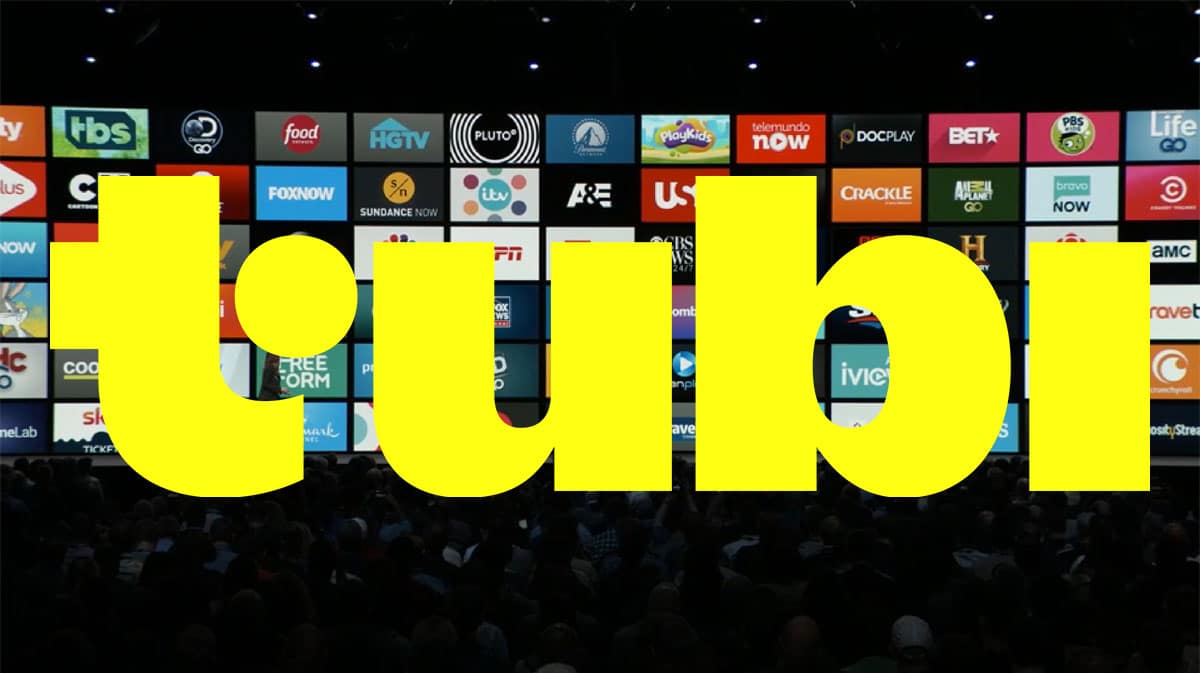Google has settled the consumer privacy lawsuit worth at least $5 billion brought against the company in 2020, Deadline reported.
A class action lawsuit was filed against Google when the search engine company allegedly tracked users even though they were using Chrome in incognito mode. Emails during the trial revealed that Google was still able to track the users and their data used to sell advertisements. The judge approved a preliminary settlement, details of which have not been disclosed.
Google's Incognito Mode
Attorneys for the plaintiffs originally sought $5,000 per complainant that were tracked by Google Analytics or Ad Manager, even though they were in incognito mode or not logged into their Google accounts.
According to a Reuters report, the plaintiffs claimed that Google's ability to track users' data even in incognito mode let the Mountainview, Calif.-based company learn about their private habits and other “potentially embarrassing things.” It also detailed the market for this data, which include a Google pilot program that provided $3 per day for users' browser histories.
U.S. District Judge Yvonne Gonzalez Rogers dismissed Google's case in August 2023 and said in her 36-page decision, “Taken as a whole, a triable issue exists as to whether these writings created an enforceable promise that Google would not collect users' data while they browsed privately.”
The company came up with the settlement weeks after its refusal that the case be tried in court by a judge. The case was supposed to begin this year with a California jury trial.
The original court documents stated, “Google has made itself an unaccountable trove of information so detailed and expansive that George Orwell could never have dreamed it.”
In August, Google spokesperson Jose Castaneda stated, “Incognito mode in Chrome gives you the choice to browse the internet without your activity being saved to your browser or device.”
“As we clearly state each time you open a new incognito tab, websites might be able to collect information about your browsing activity during your session,” he continued.
However, Judge Rogers disagreed. She said that she could not find users consenting to allowing Google to collect information about what they viewed online when they're in incognito mode because the Alphabet-owned company wasn't explicit in its intention that they would.
The news comes weeks after Google lost an antitrust lawsuit against Epic Games. A federal court unanimously found the company in violation of antitrust laws as it had abused its position in the app store market.
The formal settlement is expected to be approved by the court on Feb. 24.




















